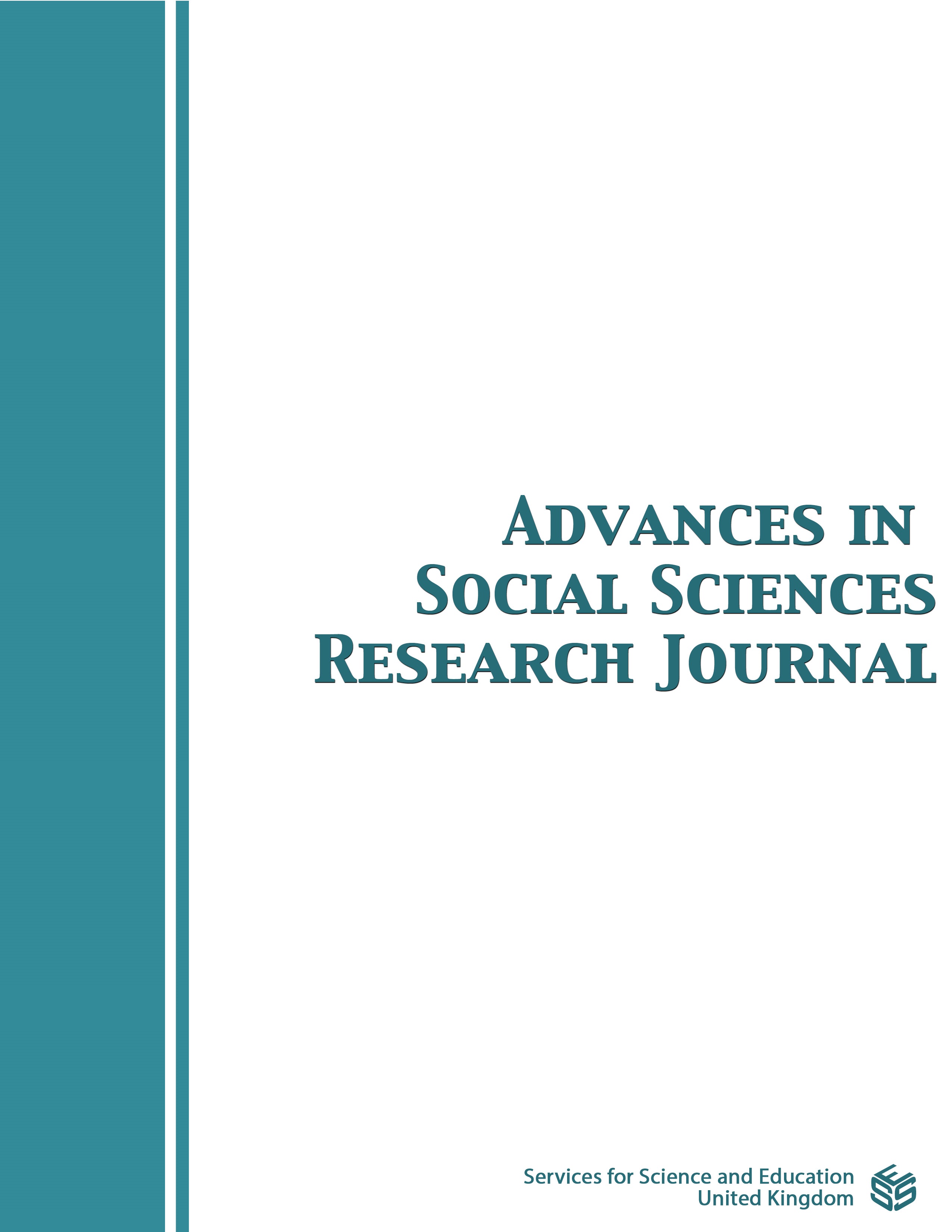Digital Transformation, Emotional Intelligence, and Organizational Culture Toward Internal Audit Quality: Conceptual Framework
DOI:
https://doi.org/10.14738/assrj.117.17271Keywords:
Digital transformation, Use of digital technologies, Changes in value creation, Structural changes, Financial aspects, Emotional intelligence, Organizational culture, Internal auditing quality, Saudi public institutionAbstract
This paper investigates the interplay between digital transformation, emotional intelligence (EI), and internal auditing quality within Saudi public institutions, with a focus on the mediating role of EI and the moderating role of organizational culture. The advent of digital transformation has significantly influenced internal auditing practices, necessitating an adaptation to new technologies and methodologies. Emotional intelligence is identified as a crucial factor in enabling audit teams to effectively manage the challenges and opportunities presented by digital transformation, enhancing communication, decision-making, and adaptability. Organizational culture further influences this relationship by providing a supportive environment that facilitates the adoption of digital innovations and the development of EI among audit personnel. The findings suggest that a synergistic approach, incorporating digital transformation initiatives with the development of EI and fostering a conducive organizational culture, can significantly enhance the quality and effectiveness of internal auditing in Saudi public institutions. This study contributes to the understanding of how digital transformation, EI, and organizational culture interact to improve internal auditing practices, offering valuable insights for policymakers and practitioners aiming to optimize internal audit functions in the face of ongoing digital advancements.
Downloads
Published
How to Cite
Issue
Section
License
Copyright (c) 2024 Muidh Hamad Alsagoor, Zaidi Bin Mat Daud, Mohammad Noor Hisham Bin Osman

This work is licensed under a Creative Commons Attribution 4.0 International License.
Authors wishing to include figures, tables, or text passages that have already been published elsewhere are required to obtain permission from the copyright owner(s) for both the print and online format and to include evidence that such permission has been granted when submitting their papers. Any material received without such evidence will be assumed to originate from the authors.






